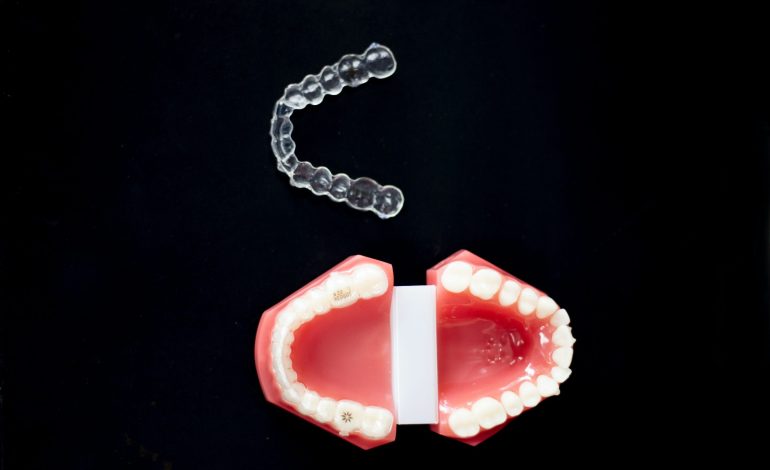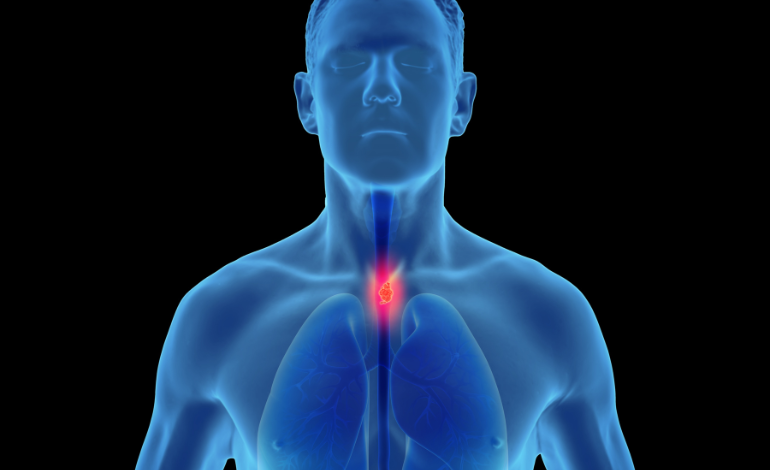Nocturnal teeth grinding on temporomandibular joints

Nocturnal teeth grinding, also known as bruxism, is a common problem that affects many people. It is characterized by the grinding or clenching of teeth during sleep, which can cause significant damage to the teeth and jaws. One of the most significant impacts of nocturnal teeth grinding is on the temporomandibular joint .
When you grind your teeth at night, the pressure and force can cause the TMJ to become inflamed or damaged. This can lead to a variety of symptoms, including pain, stiffness, and clicking or popping sounds when you open or close your mouth.
In addition to causing pain and discomfort, nocturnal teeth grinding can also lead to long-term damage to the TMJ. Over time, the repeated pressure and force can cause the joint to wear down and become damaged, which can lead to chronic pain and even arthritis.
Fortunately, there are several treatment options available for those who suffer from teeth grinding. One of the most common treatments is the use of a mouthguard, which can help to protect the teeth and jaw from the damage caused by grinding. In some cases, medication or physical therapy may also be recommended to help alleviate symptoms.
In conclusion, teeth grinding can have a significant impact on the temporomandibular joint. It can cause pain, stiffness, and long-term damage, which can lead to chronic pain and arthritis. However, with proper treatment and management, it is possible to alleviate symptoms and prevent further damage to the TMJ. If you are experiencing symptoms of nocturnal teeth grinding, it is important to speak with your dentist or healthcare provider to determine the best course of treatment for your individual needs.








